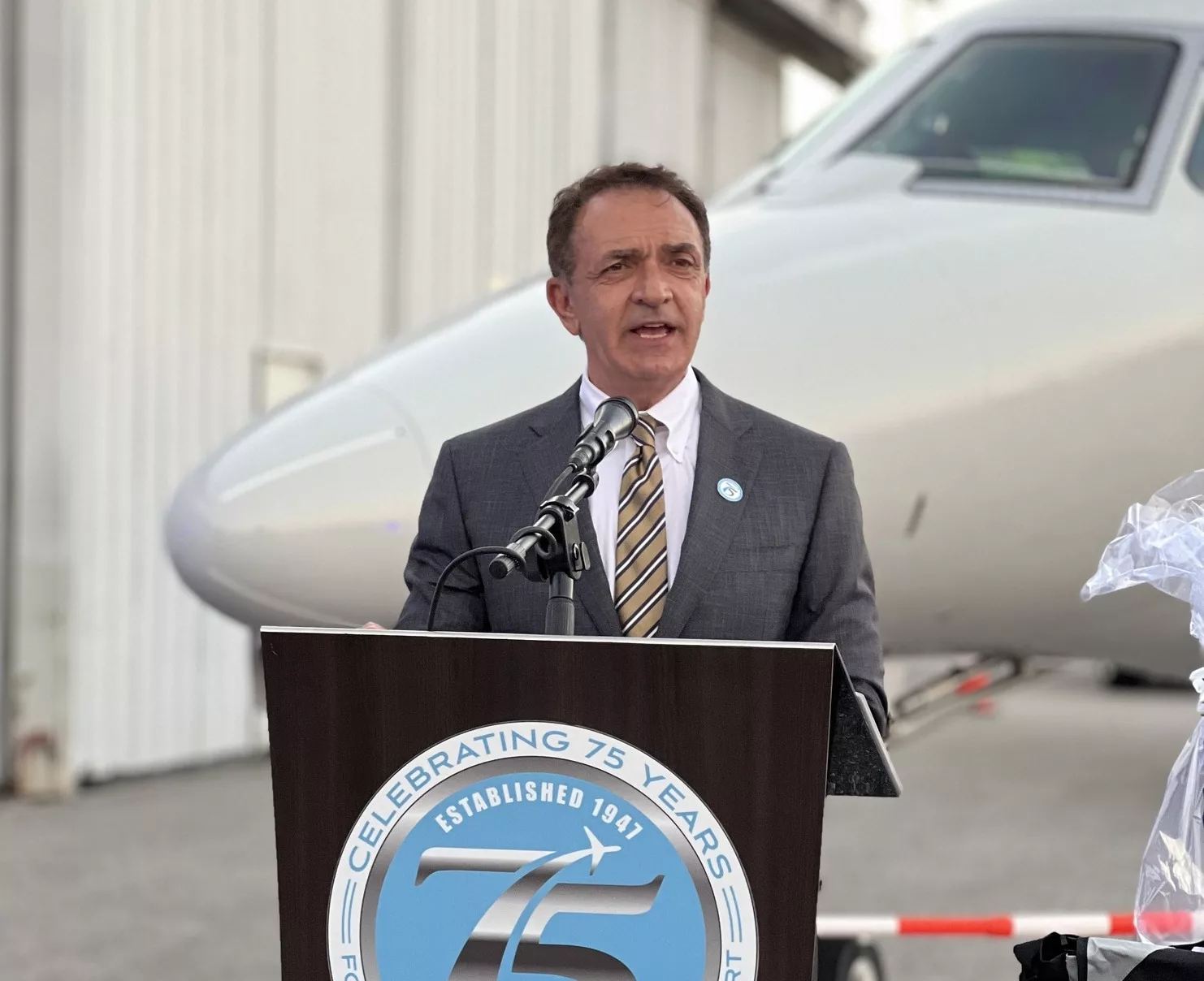As Florida’s Unhoused Sex Offense Registrant Population Booms, Group Asks UN for Help
South Florida’s political leaders have celebrated their commitment to the unhoused—but won’t admit that those placed on offense registries are increasingly becoming unhoused.

On Nov. 1, Fort Lauderdale, Florida’s leaders paused during a city council meeting to highlight that they’d declared November to be “Hunger and Homelessness Awareness Month.”
“Homelessness was one of the main reasons I ran for office,” said then-vice mayor Ben Sorensen, who led the proceedings. “If we all pitch in and support each other and support some of the least of these, we can do amazing, amazing things.” The city recognized 18 organizations for their work with the unhoused and tweeted out a happy photo of the group.
But Sorensen didn’t mention that the city’s own rules are, in part, driving up homelessness. An ordinance forbidding most people on the state’s sexual offense registry from living within 1,400 feet of schools, daycares, parks, or playgrounds puts all but 1 percent of residences off limits to those on the offense registry and forces hundreds to live on the streets. Today, a sample of the city’s unhoused people on the state registry shows that a majority camp on a commercial strip on a major highway in north Fort Lauderdale.
Sorenson also did not acknowledge that the Florida Action Committee (FAC), a nonprofit that advocates for the rights of people placed on sexual offense registries, had, for months, been asking city and county leaders for a plan to house registrants. In the days after the Nov. 1 meeting, FAC escalated its actions. On Nov. 14, the group petitioned the United Nations High Commissioner for Human Rights, alleging that the U.S. public sex offender registry contravenes provisions of the Universal Declaration of Human Rights and International Covenant on Civil and Political Rights. The declaration bans “cruel, inhuman or degrading treatment or punishment.” The group asked the UN to investigate and attached a change.org petition that’s been signed by almost 4,500 people.
“The act of placing human beings on a public shaming list for life and subjecting them to the crippling and dehumanizing consequences, when that list has been proven through empirical research to be ineffective at preventing recidivism or reducing sexual offending, is cruel and degrading,” the group wrote to the UN.
If the UN determines the complaint is admissible, it will be sent to the U.S. government for a response and could eventually be referred to the UN’s Human Rights Council for further action. As yet, FAC has heard nothing back from the UN, Gail Colletta, the group’s president, told The Appeal.
For those following the issue in South Florida, the fact that FAC felt it needed international help likely comes as no shock. In September 2020, a group of organizations dedicated to helping formerly incarcerated people reenter society issued a report to the state legislature about the explosive rise in homeless registrant numbers across the state, which has seen a 312 percent spike since 2011.
More than a quarter of Broward’s registrants are homeless, according to a 2021 report by the state’s Office of Program Policy Analysis and Government Accountability (OPPAGA). Currently, there are no homeless shelters in the county that accept people on the registrant list. OPPAGA data show that Florida registrants averaged age 50 in 2018, with one in seven older than 65, numbers that almost certainly have increased due to residency bans and the state’s lifetime registration requirement.
Last November, FAC wrote to the Broward Homeless Initiative Partnership, the county’s lead agency on homelessness, requesting a meeting to discuss doing away with Fort Lauderdale’s residency ban. The group attached a roster of 331 people listed on the state sexual offense registry as homeless in Ft. Lauderdale and offered the results of a second analysis showing that a grand total of three rentals were available to them. Separately, FAC contacted Mayor Dean Trantalis, Vice Mayor Sorensen, and the city manager for help. They have yet to get a response, Colletta said.
The Appeal contacted Trantalis to ask why so many registrants are homeless and about his plans to address the problem. City spokesperson Ashley Doussard responded that no registrants appear on city aid workers’ roster of the unhoused, but declined to answer follow-up questions. Sorensen, who no longer holds office, didn’t respond.
Registrants sleeping outdoors don’t get much attention from the city’s service providers either. The city doesn’t have enough housing for the elderly or families generally, says Carl Falconer, CEO of Fort Lauderdale’s TaskForce Fore Ending Homelessness.
“I don’t think we’ve kind of gotten far enough down the list yet to help resolve the issue for registered ‘sex offenders’ versus everybody else who I guess I would say is a higher priority for the community to try to help them get into housing first,” he told The Appeal.
Registrants’ exclusion from housing is bringing with it other problems. A tsunami of homeless registrants with serious health needs is likely in coming years. Residency bans increasingly keep even older registrants who aren’t homeless from getting help. Barbara Spragg, who heads the group Justice Transitions, FAC’s nonprofit arm, told The Appeal that residency bans are “wasting our tax dollars.”
“The statistics are there that none of this is working,” Spragg said. “It’s ridiculous to put that kind of money there when we should be putting it on the front end, and we should be putting it in rehabilitation and therapy and catching abuse before it happens.” Indeed, a 2017 report from the U.S. Department of Justice concluded that there’s “no empirical support for the effectiveness of residence restrictions” and that they may “aggravate, rather than mitigate, offender risk.”
Whether FAC’s plea to the UN will get the attention of Fort Lauderdale’s political class remains to be seen. On Nov. 3, the mayor spoke at an annual symposium intended to let homeless people tell the city what they need. It was held at Holiday Park–which most homeless registrants are forbidden to enter.
